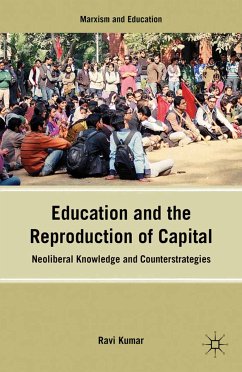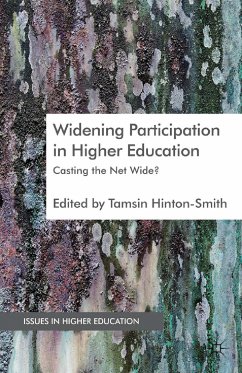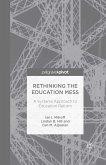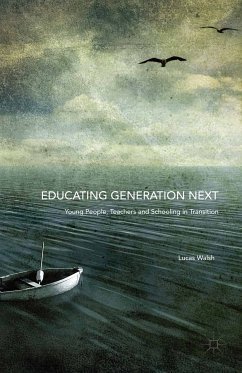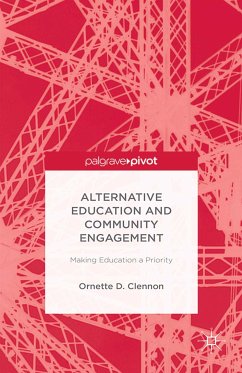Dieser Download kann aus rechtlichen Gründen nur mit Rechnungsadresse in A, B, BG, CY, CZ, D, DK, EW, E, FIN, F, GR, HR, H, IRL, I, LT, L, LR, M, NL, PL, P, R, S, SLO, SK ausgeliefert werden.
"This book does not shy away from the necessary task of putting increased pressure on the knowledge and practices that help to sustain capitalism. Depicting capitalist class practices and their effects across a range of sites in vivid terms and examining them from the vantage points of a diverse array of critical traditions, it makes an important contribution to promoting the wide discussion and fresh analyses that are urgent to the pedagogical work of clarifying the world's consciousness regarding the unsustainability of capitalism." - Deborah Kelsh, The College of Saint Rose

